SUMMARY
This is AI generated summarization, which may have errors. For context, always refer to the full article.

A growing number of drugmakers including Eli Lilly and Company, Novartis, and AbbVie are scaling back business in Russia after Moscow’s invasion of Ukraine, but still pledge to continue supplying critical medicines.
US drugmaker Lilly said it will send medicines for urgent medical conditions such as cancer and diabetes. It is suspending sales of what it called “non-essential medicines” as well as all investments and promotions. It also will not start any new clinical trials there.
Swiss drugmaker Novartis also said it would stop investments, marketing activities there, and all scientific events organized by the company or external parties in Russia.
US drugmaker AbbVie, which owns blockbuster wrinkle treatment Botox, said it has temporarily suspended operations for all its aesthetics products in the country.
Johnson & Johnson said it was stopping enrollment in Ukraine, Russia, and Belarus as well as any openings of new sites, but was committed to providing essential health products.
On Monday, March 14, Pfizer, Germany’s Bayer, and Abbott Laboratories had pulled back from non-essential spending in the country. Pfizer and Bayer said they would maintain a supply of medicines to Russia.
Western companies have come under pressure to leave Russia, but the healthcare sector has not pulled out because medicine and medical devices and equipment are considered necessary for humanitarian reasons and are excluded from sanctions.
“While it is good to see large corporations, including in the pharmaceutical space, take a proactive stand against war and aggression, any step to suspend medical supplies, even for non-essential items, could end up putting the health of patients in Russia at risk,” said Anant Bhan, a global health and bioethics researcher.
Getting supplies in has already become tougher. Sanctions have cut off Russian banks from the international financial system, while shipping companies have halted services to the country, interrupting delivery of medical supplies.
In a post titled “Lilly and Lilly Foundation Provide Support for People in Ukraine” on its website, Lilly said any profit from continued sales in Russia will be donated to organizations dedicated to humanitarian relief.
Lilly is the first to exclude drugs it designates as “non-essential.” The company told Reuters in an email that an example of a non-essential medicine was Cialis, a branded erectile dysfunction treatment available from other sellers as a generic drug. It did not disclose specific treatments affected by the decision. – Rappler.com
Add a comment
How does this make you feel?
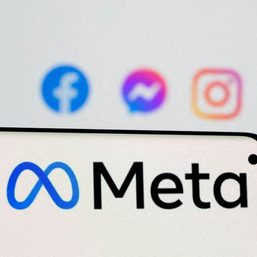
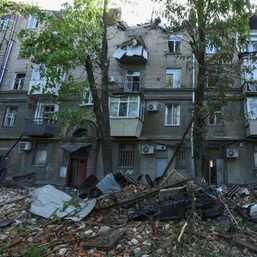
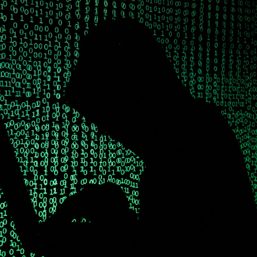
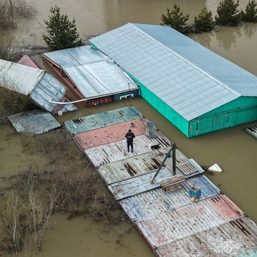

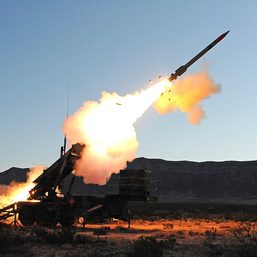
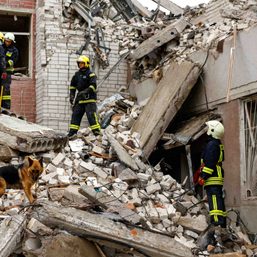
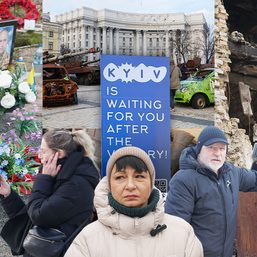
There are no comments yet. Add your comment to start the conversation.